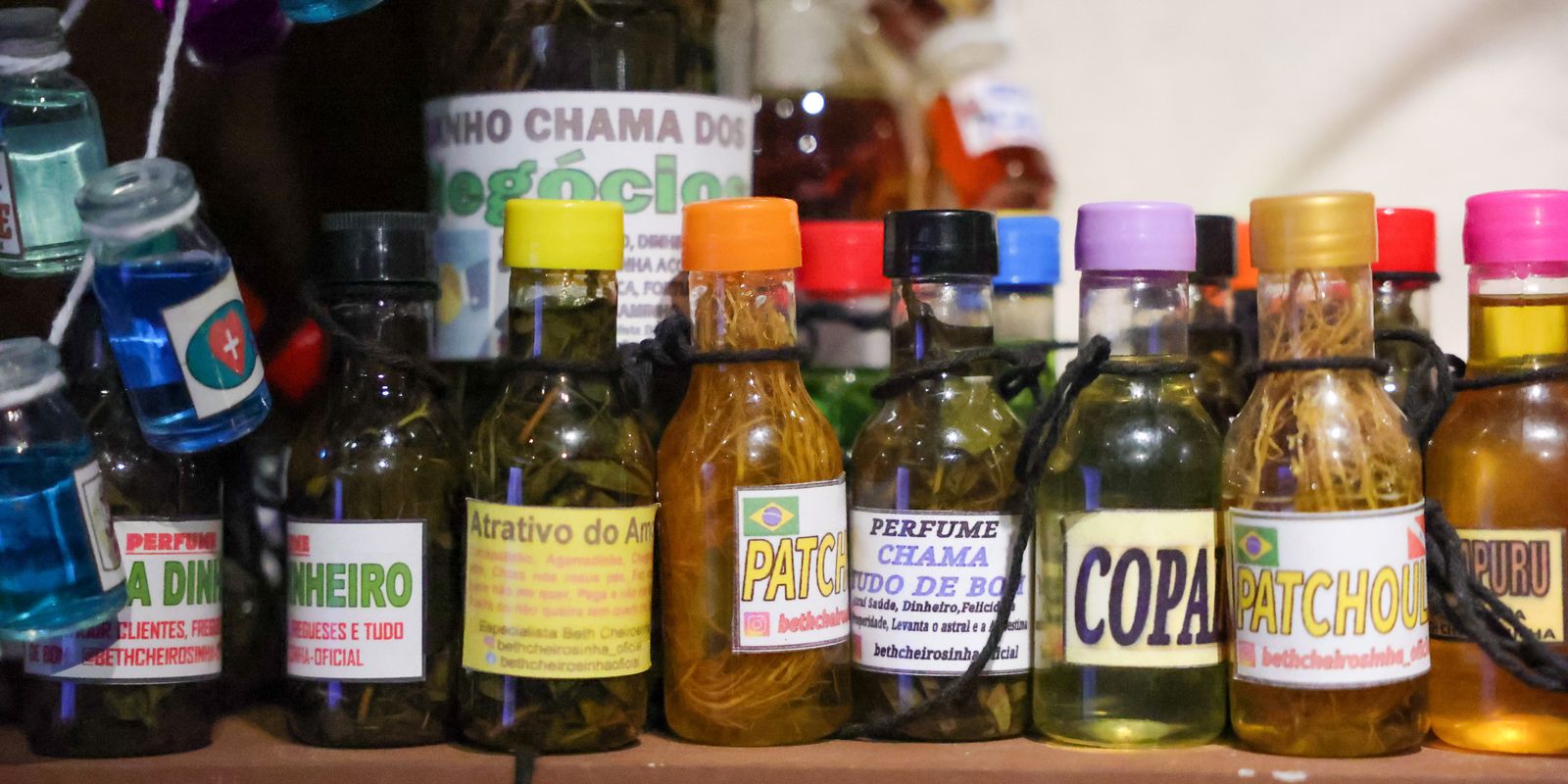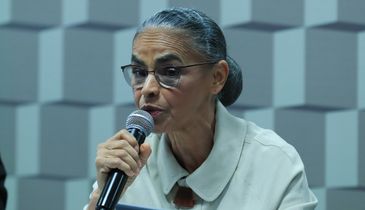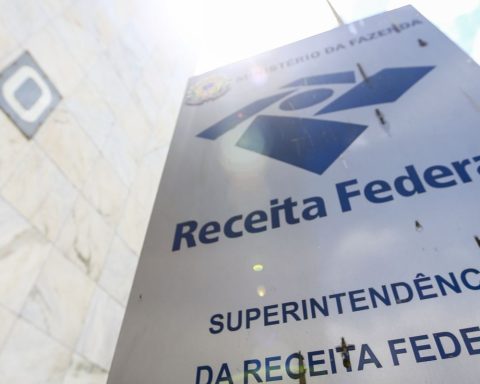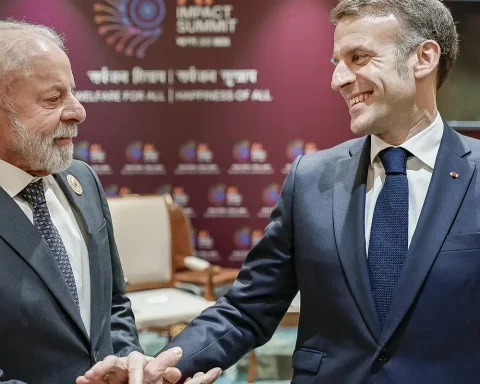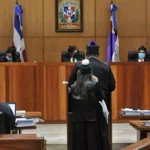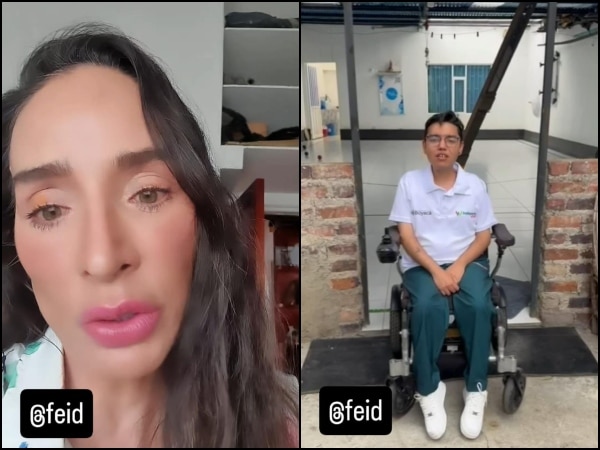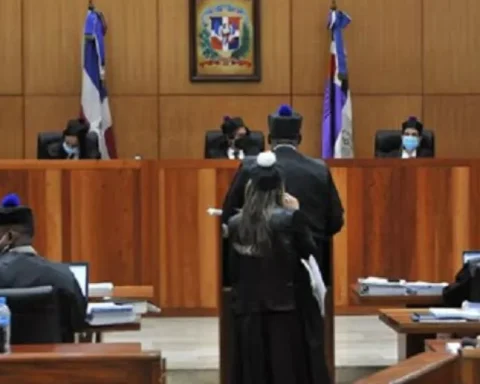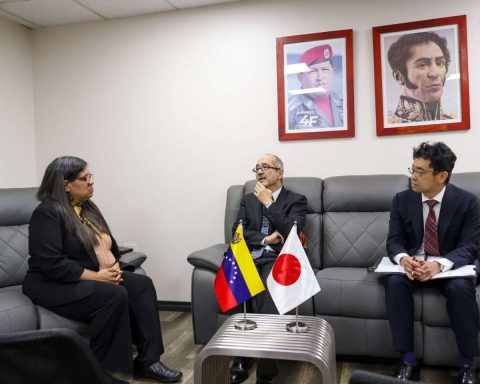Representatives of the G20 are expected to define this Wednesday (11) a text with ten principles to develop the bioeconomy in the world. To be taken to the Summit meeting, scheduled for November in Rio de Janeiro, the text needs to have the unanimous approval of the 19 member countries of the group, in addition to the European and African Unions, which are also members of the G20.
Among the issues presented by the Brazilian government, which are being discussed by the G20, are biofuels and technical-scientific cooperation between countries for the production of joint knowledge.
The fourth meeting of the G20 Initiative on Bioeconomy (GIB), which is discussing the text, has been taking place in Rio de Janeiro since the beginning of the week. The previous three meetings were held via videoconference.
“In the G20 Bioeconomy Initiative, we are dedicated to exchanging experiences among countries, addressing fundamental issues such as forest economies, the strategic use of biodiversity, including its genetic heritage, and traditional knowledge associated with biotechnology, bioindustrialization and biosafety, among other essential areas. Our purpose today is to establish guiding principles that will serve as a basis for the development of the bioeconomy, in its various aspects,” said the Minister of Environment and Climate Change, Marina Silva, who participated in the meeting this Wednesday.
The bioeconomy is a concept that involves innovations based on biological resources, which result in the development of more sustainable products, processes and services.
“It not only drives economic growth, but also acts as a central tool in ecological transformation, paving the way for a transition to a more just and sustainable society,” explained Marina.
The minister stated that the bioeconomy reinforces the foundations of a more ethical, inclusive and regenerative economy. “This new cycle of prosperity cannot leave anyone behind. It is essential that the use of natural resources can also be a form of inclusion for those living in vulnerable situations.”
